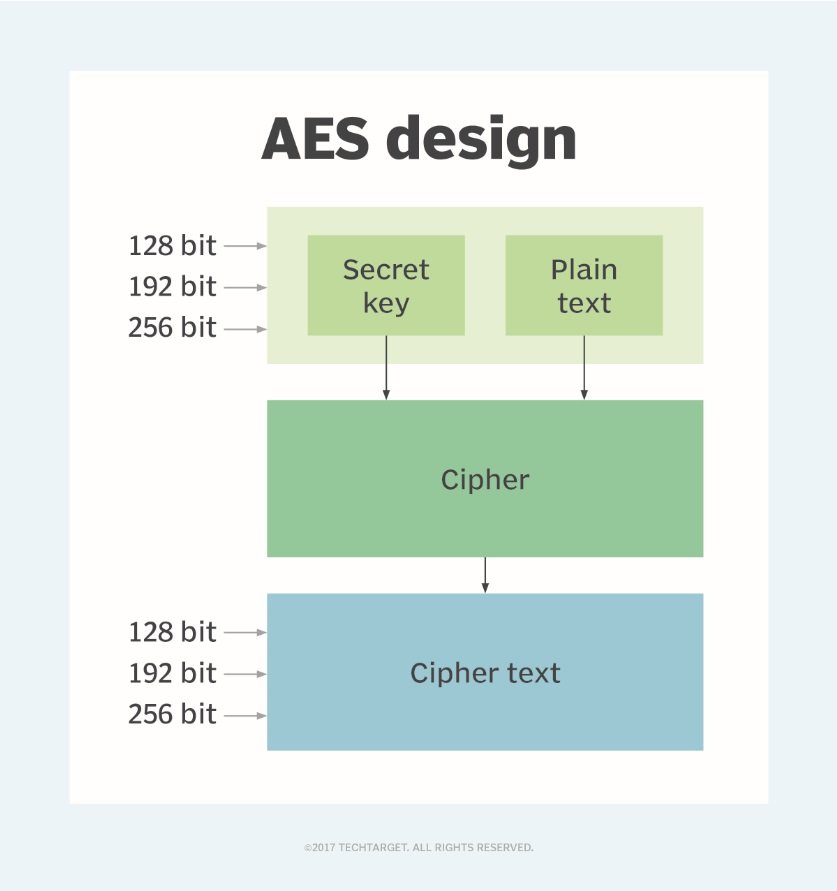Aes 128 Random Key Generator
AESKeyGeneration.java generates the sysmetric key using AES algorithm. Key size assigned here is 128 bits. It works for key size of 192 and 256 bits also by adding secuirty related files to jre1.6.0 lib security folder. The encryption key size generated in the above code is 256 bits (32 bytes) and it configures the AES-GCM cipher as AES-256-GCM. If we change the key size to 128 bits or 192 bits, we shall use AES-128-GCM or AES-192-GCM respectively. The output from the above code looks like this. Use the OpenSSL command-line tool, which is included with InfoSphere MDM, to generate AES 128-, 192-, or 256-bit keys. The madpwd3 utility is used to create the password. Generating AES keys and password.
This class provides the functionality of a secret (symmetric) key generator.Key generators are constructed using one of the getInstance class methods of this class.
KeyGenerator objects are reusable, i.e., after a key has been generated, the same KeyGenerator object can be re-used to generate further keys.
There are two ways to generate a key: in an algorithm-independent manner, and in an algorithm-specific manner. The only difference between the two is the initialization of the object:
- Algorithm-Independent Initialization
All key generators share the concepts of a keysize and a source of randomness. There is an
initmethod in this KeyGenerator class that takes these two universally shared types of arguments. There is also one that takes just akeysizeargument, and uses the SecureRandom implementation of the highest-priority installed provider as the source of randomness (or a system-provided source of randomness if none of the installed providers supply a SecureRandom implementation), and one that takes just a source of randomness.Since no other parameters are specified when you call the above algorithm-independent
initmethods, it is up to the provider what to do about the algorithm-specific parameters (if any) to be associated with each of the keys. - Algorithm-Specific Initialization
For situations where a set of algorithm-specific parameters already exists, there are two
initmethods that have anAlgorithmParameterSpecargument. One also has aSecureRandomargument, while the other uses the SecureRandom implementation of the highest-priority installed provider as the source of randomness (or a system-provided source of randomness if none of the installed providers supply a SecureRandom implementation).
In case the client does not explicitly initialize the KeyGenerator (via a call to an init method), each provider must supply (and document) a default initialization. See the Keysize Restriction sections of the JDK Providers document for information on the KeyGenerator defaults used by JDK providers. However, note that defaults may vary across different providers. Additionally, the default value for a provider may change in a future version. Therefore, it is recommended to explicitly initialize the KeyGenerator instead of relying on provider-specific defaults.
Every implementation of the Java platform is required to support the following standard KeyGenerator algorithms with the keysizes in parentheses:
AES(128)DESede(168)HmacSHA1HmacSHA256
 These algorithms are described in the KeyGenerator section of the Java Security Standard Algorithm Names Specification. Consult the release documentation for your implementation to see if any other algorithms are supported.
These algorithms are described in the KeyGenerator section of the Java Security Standard Algorithm Names Specification. Consult the release documentation for your implementation to see if any other algorithms are supported.
Online microphone test / Download YouTube Thumbnail / Random Color / Webcam test / Loop YouTube videos / Search on Instagram by location / Convert Image to Base64 and back

Implementation for php 7.x was added
As you see this implementation is using openssl instead of mcrypt and the result of the encryption/decryption is not compatible with each other.
The mcrypt function will be deprecated feature in PHP 7.1.x
What is AES encryption?
It is a webtool to encrypt and decrypt text using AES encryption algorithm. You can chose 128, 192 or 256-bit long key size for encryption and decryption. The result of the process is downloadable in a text file.
How to use AES encryption?
If you want to encrypt a text put it in the white textarea above, set the key of the encryption then push the Encrypt button.
The result of the encryption will appear in base64 encoded to prevent character encoding problems.
If you want to decrypt a text be sure it is in base64 encoded and is encrypted with AES algorithm!
Put the encrypted text in the white textarea, set the key and push the Decrypt button.

When is helpful to use AES encryption?
When you want to encrypt a confidential text into a decryptable format, for example when you need to send sensitive data in e-mail.
The decryption of the encrypted text it is possible only if you know the right password.
Aes 128 Random Key Generator Game
What is AES encryption?
AES (acronym of Advanced Encryption Standard) is a symmetric encryption algorithm.
The algorithm was developed by two Belgian cryptographer Joan Daemen and Vincent Rijmen.
AES was designed to be efficient in both hardware and software, and supports a block length of 128 bits and key lengths of 128, 192, and 256 bits.
Random Key Generator Music

How secure is AES encryption algorithm?
Key Generator
AES encryption is used by U.S. for securing sensitive but unclassified material, so we can say it is enough secure.